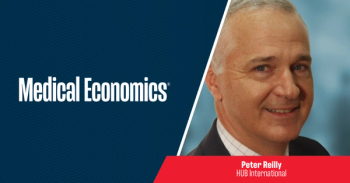
Low-income patients benefit from strong bond with provider
A study from the Blue Shield of California foundation looks at how to engage low-income patients in their healthcare.
Low-income Americans benefit greatly from forging a strong bond with their care provider and having access to clear, easily-understood information about their health.
Those are among the conclusions of a
from the Blue Shield of California foundation examining the experiences and attitudes of low-income individuals in that state. The findings have implications for physicians nationwide, many of whom could be seeing an
The report found that low-income Californians who feel a strong bond with their providers are also more likely to feel they have a voice in their care, to rate the quality of their care positively, and to feel confident in their own decision-making abilities than are those without a close provider connection. “Virtually every key outcome in terms of patient empowerment and engagement is predicted by the quality of patient-provider relationships,” the report says.
At the same time, more than half of the low-income Californians surveyed want more information for healthcare decision-making purposes, even though fewer than 40% say they get their health information primarily from their healthcare provider. Instead, they rely on printed materials, television, and the Internet to get information. This finding indicates “ample room for healthcare facilities to improve the ways in which patients obtain and act upon information, and communicate with their healthcare provider,” according to the report.
Not surprisingly, low-income Californians have less access to the Internet and fewer cell phones with texting capability than do middle class or affluent people, and thus are unable to benefit from advances in communication technology. But an overwhelming majority of those who do have texting or e-mail capabilities find them very useful, and most who don’t have the capabilities would like to acquire them.
The survey included about 1,000 Californians ages 19 to 64 with household income levels of less than 200% of the federal poverty level.
Newsletter
Stay informed and empowered with Medical Economics enewsletter, delivering expert insights, financial strategies, practice management tips and technology trends — tailored for today’s physicians.






